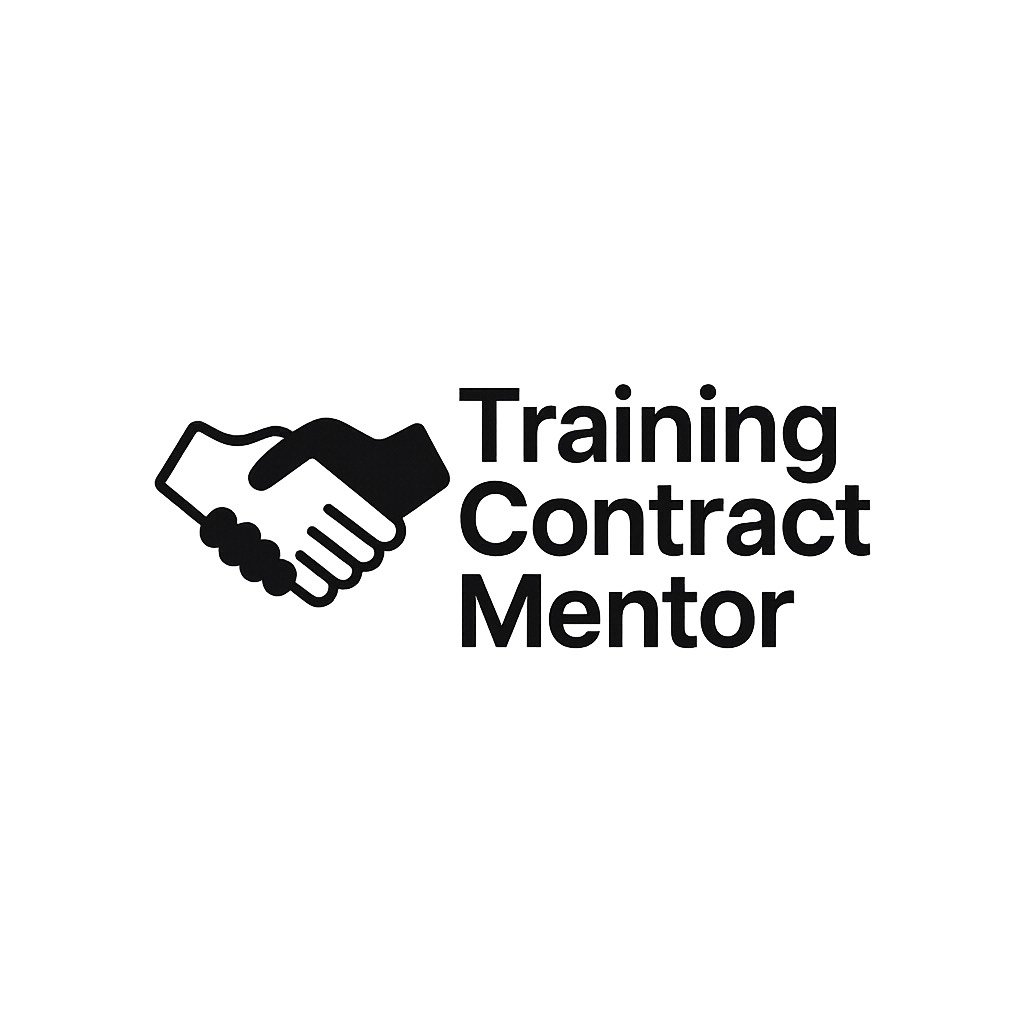How to write your work experience in the work experience section of a training contract/vacation scheme application
I’ve already suggested it’s best to stick to bullet points on a CV for work experience in this article.
Here’s an example of what works well for the work experience section of an application form:
Generic Coffee Shop (Server) March ‘24 - Dec ‘24
I worked full-time in a busy city centre independent coffee shop. My main responsibilities included taking customer orders, explaining menu options and resolving queries. I worked effectively with a range of servers and kitchen staff to fulfill orders to target timeframes. My other key responsibilities involved deputising for the manager when they took breaks, maintaining shop hygiene, counting stock, cashing up and shop closing processes. I also kept a working knowledge of ingredients to advise customers with allergies. My key achievement was being regularly awarded the highest weekly amount in tips from customers. I also suggested coffee deals which drove sales up by 15% within 3 months.
The key things to take away from it are:
1. It sets out the context of the experience straight away
Don’t expect someone reading your CV to understand where you’ve worked and what you’ve done, especially if the company or the role isn’t well known. To be safe, use the first sentence to explain a bit about the company you worked for.
2. It focuses on responsibilities rather than listing skills/abilities.
Whilst it’s tempting to start listing skills law firms typically look for in trainees or are mentioned on their website, you can rely on recruiters to infer skills from your responsibilities. For instance, saying “I used strong communication skills to take customer orders, explain menu options and resolve queries” is unnecessary. It is obvious that taking customer orders, explaining menu options and resolving queries rely upon effective communication skills.
3. It shows an ability to hold positions of responsibility
Law firms like prospective trainees who have a track record of handling positions of responsibility, so listing elements of your role where you were given real responsibility looks great. Here, counting stock, deputising for the manager and cashing up demonstrates responsibility.
4. It records an achievement
Always try to think of something you’ve achieved in your role. Here, there’s a reference to regularly obtaining the highest number of tips. This shows the person was good at their role.
5. There’s a hint of commercial awareness
If you can demonstrate commercial awareness in a role, that could signal to firms that you have business acumen. Here, suggesting a coffee deal that increased sales does that.
6. Most sentences are one liners
Finally, keep each sentence brief and stick to the word count. Think of the key message you’re trying to get out. Remember - the cover letter or competency/motivation questions will be the opportunity to expand on your experiences, so don’t feel too concerned if you haven’t been able to get every element of your role in. Just ensure you have the big hitters/key responsibilities and achievements set out.

